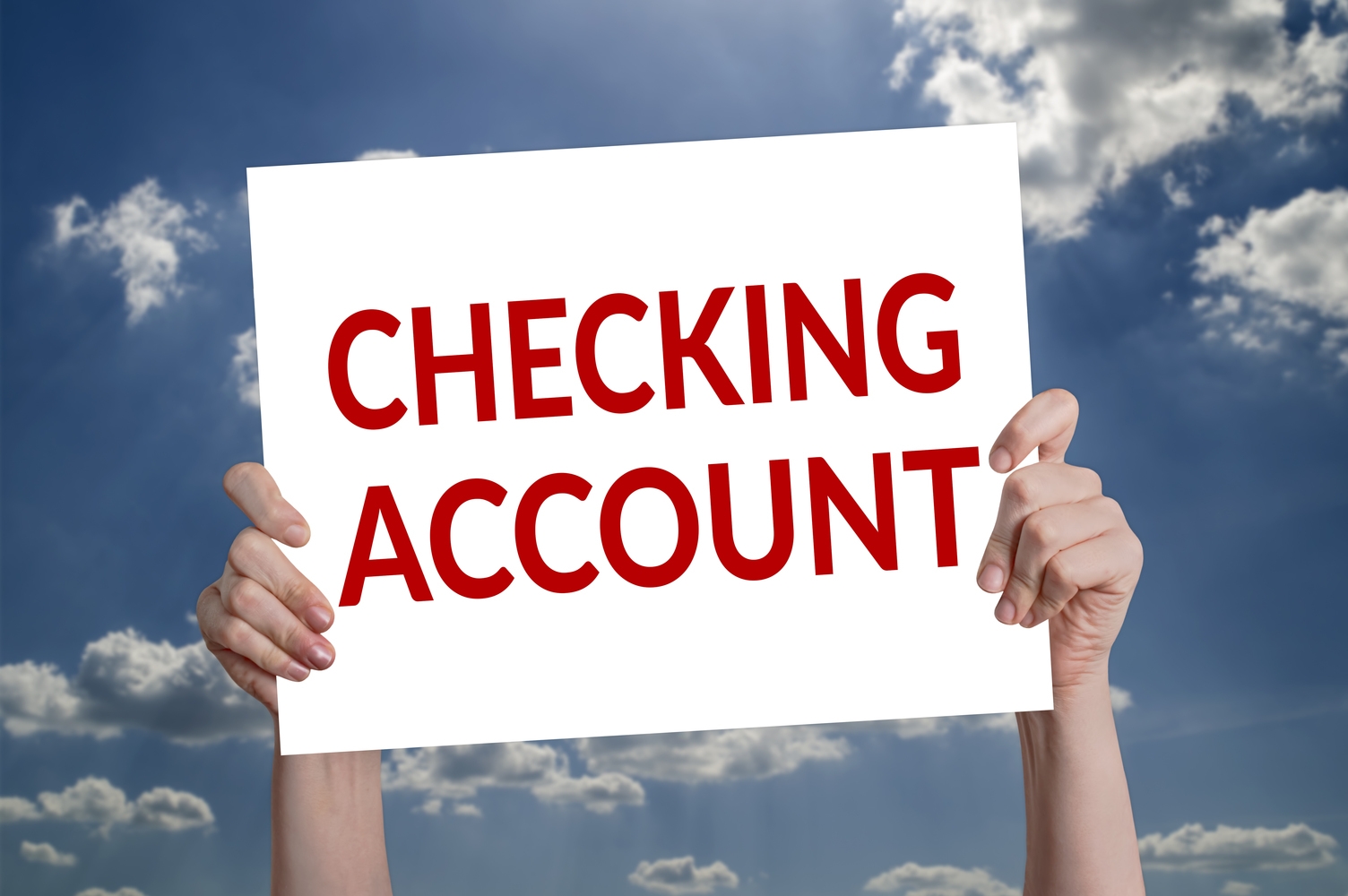Comprehensive Guide to Preventing Credit Card Debt and Maintaining Financial Health
This comprehensive guide provides effective strategies for avoiding credit card debt, including budgeting, paying in full, prioritizing debt repayment, and maintaining low credit utilization. Following these tips can help you manage your finances responsibly, improve your credit score, and ensure long-term financial stability. Whether you're new to credit management or looking to get out of debt, these methods are essential for maintaining a healthy financial life and preventing overwhelming debt burdens.

Proven Strategies to Avoid Falling into Credit Card Debt
Managing credit cards responsibly is crucial for maintaining financial stability and avoiding the stress and burden of debt. While credit cards are convenient financial tools that offer flexibility, security, and a way to build credit, improper use can lead to overwhelming debt that impacts your financial health and overall well-being. This detailed guide explores effective strategies that can help you prevent credit card debt, manage your spending wisely, and keep your financial future secure.
Establishing and Sticking to a Realistic Budget
One of the most fundamental steps in preventing credit card debt is creating a comprehensive budget. Knowing exactly how much income you receive and what your essential and discretionary expenses are allows you to make informed financial decisions. Many individuals underestimate their monthly expenses, leading to overspending and reliance on credit cards to cover gaps. To effectively manage your finances, track your income and expenditure meticulously for a few months. Categorize your expenses into necessities like rent, utilities, groceries, transportation, and insurance, and non-essentials like entertainment, dining out, and shopping.
Once you understand your spending patterns, set realistic limits for each category. Allocate a portion of your income toward savings—aiming for at least three to six months' worth of living expenses to create an emergency fund. An emergency fund acts as a financial safety net, reducing the temptation to use credit cards during unforeseen financial hardships. Prioritizing essential expenses ensures you avoid unnecessary debt and helps you live within your means.
Pay Your Credit Card Balances in Full
Maximizing the benefits of your credit card involves paying your balance in full each month whenever possible. This practice allows you to avoid paying interest on your purchases, saving you significant amounts over time. If paying in full is a challenge due to cash flow constraints, aim to pay at least the minimum amount to prevent late fees and penalties. Late payments can also negatively impact your credit score.
For individuals struggling with high-interest debt, exploring zero-interest balance transfer offers can be advantageous. These promotional offers typically last for several months and can help you pay down your debt without accruing additional interest. However, ensure you understand the terms and conditions, including transfer fees and upcoming interest rates once the promotional period ends.
Seeking free debt advisory services such as StepChange, Citizens Advice, or National Debtline can provide personalized guidance and help you develop a feasible repayment plan. Professional advice can help you avoid common pitfalls and stay on track to financial health.
Develop a Debt Repayment Strategy
Creating an effective debt repayment plan is essential for managing existing credit card debt responsibly. List all your debts, noting the total amount owed, interest rates, and minimum monthly payments. Focus on paying off high-interest debts first—a strategy known as the avalanche method—while maintaining minimum payments on other debts. This approach minimizes the amount of interest paid over time and accelerates your journey toward debt freedom.
At the same time, ensure you are covering your essential bills such as rent or mortgage, utilities, insurance, and taxes. Consider reducing the number of credit cards you hold to prevent impulsive spending and simplify your repayment process. Having fewer credit accounts not only reduces temptation but also helps improve your credit score by demonstrating responsible financial behavior.
Consistency and discipline are key—commit to your repayment schedule and avoid making new debt unless absolutely necessary. Over time, successful repayment of credit card debt can significantly enhance your financial stability and creditworthiness.
Maintain a Low Credit Utilization Ratio
One critical factor that influences your credit score is your credit utilization rate, which measures the percentage of your available credit that you're currently using. A high utilization rate indicates to lenders that you might be overextended financially, which can lower your credit score and cause lenders to view you as a higher risk.
To maintain a healthy credit profile, it’s best to keep your credit utilization below 30%. Avoid maxing out your credit cards, and try to pay down balances before the statement closing date to reduce reported utilization. Paying invoices early or making multiple payments in a billing cycle can also help keep your utilization low.
Having a lower credit utilization rate can improve your chances of qualifying for better interest rates and credit offers. It also reflects responsible credit management, which can positively impact your creditworthiness in the eyes of lenders.
In conclusion, preventing credit card debt requires disciplined financial habits, strategic planning, and a clear understanding of your expenses. By establishing a realistic budget, paying your balances in full, prioritizing debt repayment, and maintaining a low credit utilization rate, you can safeguard your financial health, avoid unnecessary debt, and build a solid foundation for long-term financial success. Remember, responsible credit use is not only about avoiding debt but also about creating a positive credit history that benefits you now and in the future.





